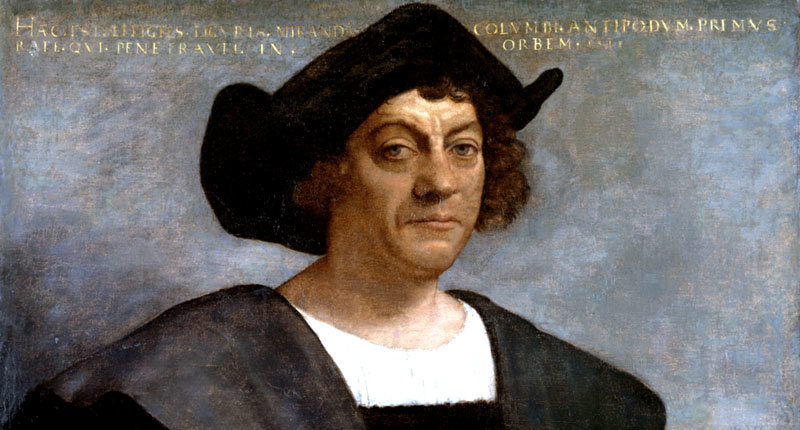Columbus Day commemorates the arrival of Christopher Columbus in the New World on October 12, 1492. Although the United States celebrates Columbus Day on the second Monday of October each year, in Mexico the holiday is commemorated on the 12th.
However, many have said that Columbus’s discovery of America is a misconception in most American continent countries’ history.
During four trips that started in 1492, Columbus arrived on the Caribbean islands now known as the Bahamas.
He also landed on an island called Hispaniola and explored the Central and South American coasts.
Even though the Italian explorer didn’t reach North America, which by that time, was inhabited by Native Americans. Still, Columbus Day is celebrated in many parts of the United States and is observed by the federal government.
And while history has often credited Columbus with discovering America, Native American tribes and Meso-American civilizations predate his famous voyage and Columbus’ treatment of those peoples remains a point of contention and controversy today. Columbus forced thousands of natives into labor and kidnapped hundreds more to send back to Spain, which had commissioned his voyage.
The violence Columbus used to intimidate and suppress resistance from the native population was severe. By some estimates, the population of Hispaniola, approximately 300,000 in 1492, was reduced to a mere 60,000 by 1508, including more than 50,000 who killed themselves to escape Columbus’ brutal oppression. By 1548, the number of natives is estimated to have been just 500.
Therefore, Native American groups consider Columbus a European colonizer responsible for the genocide of millions of indigenous people.
In fact, due to the Italian explorer’s enslavement and mass murders of thousands of native and indigenous groups he encountered during his voyage, many Spanish-speaking countries and communities (such as Mexico), do not honor Columbus day, but instead, they celebrate “Día de la Raza”, or Day of the Race.
The alternative holiday celebrates the Hispanic heritage of Latin America and honors many of the countries that were conquered by Spain and other European explorers. During the Day of the Race, many Spanish-speaking countries like Argentina, Colombia, Ecuador, Chile, El Salvador, Honduras, Mexico, Costa Rica, Nicaragua, Venezuela, Uruguay and plenty of others recognize the people, traditions and cultures that were wiped out because of Columbus’ colonization.
The Day of the Race recognizes more than just the bloodshed and elimination of the cultures and groups that were massacred during Columbus’ colonization of the Americas.
The holiday also serves as a moment for Hispanic and Latin countries to reflect on the current challenges indigenous people in various nations are facing still to this day. Nearly 13 percent of Mexico and Latin America’s population consist of indigenous people, according to the International Work Group for Indigenous Affairs.
The first celebration of Day of the Race ‘in Mexico was in 1917, at the initiative of then president Venustiano Carranza, although José Vasconcelos Calderón, a known Mexican writer and philosopher officially commemorated this holiday in 1928.
SMT Newsroom.


